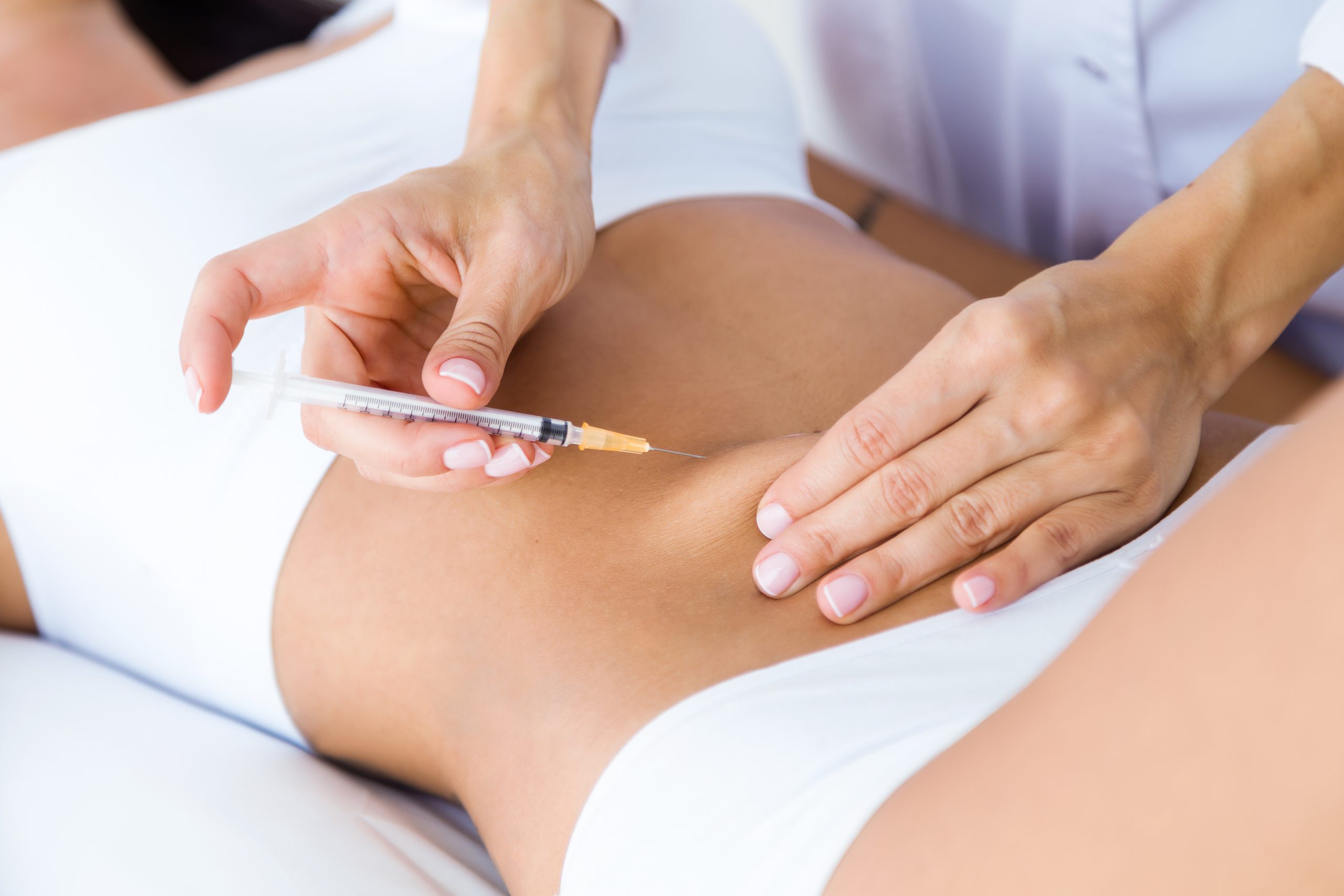Everything You Need to Know About Egg Donation

How to Choose the Right Surrogacy Agency
September 8, 2020What is Egg Donation?
Egg donation is the process by which a woman(donor) donates eggs to enable another woman(recipient) to conceive. In many cases women donate to someone they know, such as a family member who may be unable to use her own eggs. Others donate for the pleasure of being able to help someone they don’t know have a much-wanted baby.To donate eggs, the donor must be given medications that will cause her to develop multiple eggs over a single cycle. The eggs are then removed from the donor by placing a needle that is attached to an ultrasound probe through the vaginal tissues. The eggs are then gently aspirated (suctioned) from the ovaries. Once the eggs are removed, they are evaluated by an embryologist. Then sperm from the male partner or a sperm bank is placed around or injected into each egg. This process is called in vitro fertilization (IVF).Who are the recipients?
Couples generally prefer to use donor eggs because they're unable to conceive a baby with the feminine partner's own eggs. There are many reasons that a girl might not be able to conceive with her own eggs, including older age, early menopause, poor-quality eggs or previous cancer treatments that damaged the ovaries. Frequently, recipients have already been through extensive fertility treatments without success.
Egg Donor Olga, 25 y.o
I want to share my experience in egg donation, as I did it 3 times in 2 years. I cannot say that I had no fear and suspicion, but I took a chance and did not regret it at all.
Why did you want to become an egg donor?
I was offered by a friend of mine to make a good amount of money doing this procedure, as she also had experience in this industry. To be honest, I did not pursue any goal to help people with infertility and it was a great chance to earn some good money. I trusted my friend and to be honest I didn't even read anything on the Internet. But with great pleasure I will share my expirience with the girls who are just going to take this step.
Who were your intended parents?
Intended Parents can be completely different people, such as : Couples in which the woman has poor-quality or no eggs, but who want a biological child using the male’s sperm, Women with no ovaries but an intact uterus, Women with genetic factors that they do not want to pass on to their children, but also Gay couple or single men. I became a donor for almost all of the listed categories, as I went through it 3 times and all are successful.
Can you describe the whole process?
First you need to come to the doctor for a check-up, and if you even have small problems, they won't take you for your own health. The screening process generally takes a week to complete. You will have an Egg Donor Program coordinator who will be always in touch with you. Once you're chosen as an egg donor, you have to do the following ... The egg donor gets hormone injections to induce ovulation of multiple eggs. Women naturally release one egg a month and the injections allow a large number of eggs to mature at the same time. Once her eggs are mature and ready for retrieval, her fertility doctor schedules the procedure. It takes 11 days. The shots are done at home. You can do them yourself, or have a friend or family member help you. We will teach you how to mix and administer your medication in our office.
Are there possible side effects and risks?
As with any medical procedure, there are possible side effects and risks. Many women feel very minor or no discomfort during the donation cycle. Others have varying symptoms that typically resolve after the egg retrieval procedure. What about me? 1st and 2nd donation i was feeling well but mood was changing a lot, either i am crying or laughing in the same day which was from the hormone medications, and it passed by the next menstrual period. The procedure itself doesn't have any impact on your future ability to have children. Women are born with about 2 million eggs. Each month, a group of eggs begin the maturation process, but the body selects only one egg each cycle to ovulate, while the rest are absorbed by the body. Fertility medications "rescue" some of these excess eggs that the body would have ordinarily discarded.
Something Else You Need to Know
1. During extraction
Shortly before the retrieval of the eggs, the donor will receive a final injection in preparation for the procedure. The doctor will perform a transvaginal ovarian aspiration to remove the eggs from the donor’s ovaries. they'll insert an ultrasound probe into the vagina and use a needle to remove the egg from each follicle.
During the procedure, which lasts around half-hour, the doctor might give the donor painkillers, sedatives, or an anesthetic.
As this is often a minor procedure, a donor won't must occupy the clinic or hospital overnight.
2. Egg Donors Requirements
• Between the ages of 21 and 31
• Physically healthy
• Non-Smoker
• Have regular, monthly menstrual periods
• Not using contraceptive implants or Depo-Provera injections as a form of birth control
• Have both ovaries
• Psychologically healthy
• No current use of psychoactive drugs
• No history of substance abuse
• No family history of inheritable genetic disorders
• Willing to take injections
• Dependable, mature, and able to keep appointments
3. Risks and side effects
The risks and side effects of egg donation are about the same as any common, moderately invasive medical procedure, which means that it can be considered very safe in general. There are no known long-term adverse effects or health problems linked to donating your eggs. It will not affect your ability to have your own children in the future.
But you need to be prepared for a mental change in mood. On this occasion, our coordinators will always be with you to support you.
4.Protect your anonymity
Yes. You have to give up your personal and medical history as part of the process, but if the clinic won’t protect your privacy and anonymity from any potential parents, that’s a red flag. If you don’t want to disclose your identity, you shouldn’t feel pressured into letting the intended parent know about them. You should feel empowered to speak up, even though you’re being compensated.



